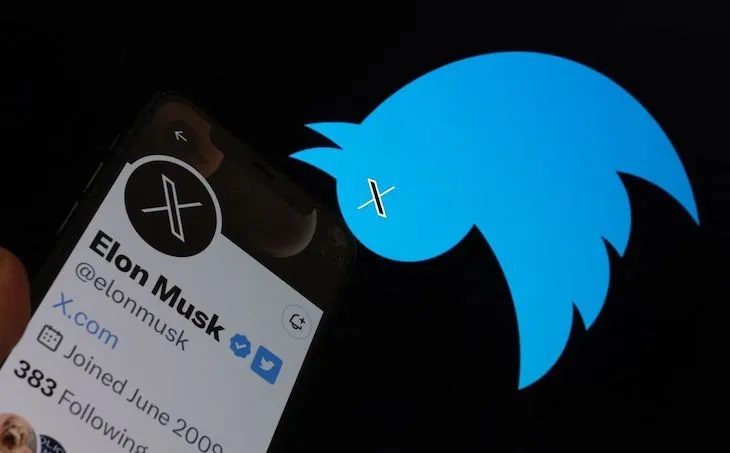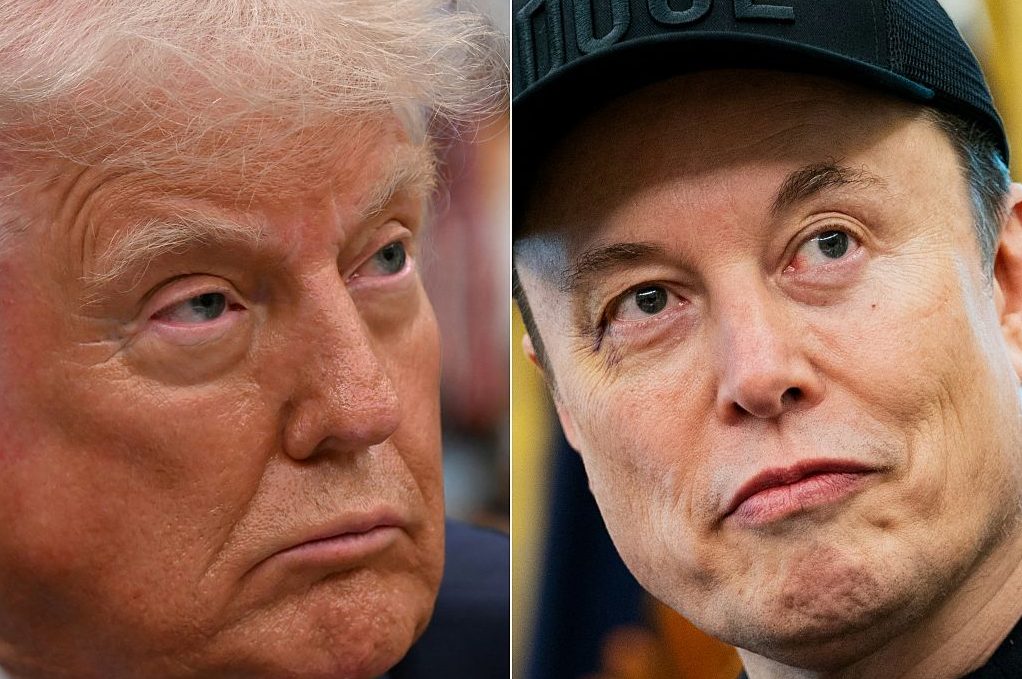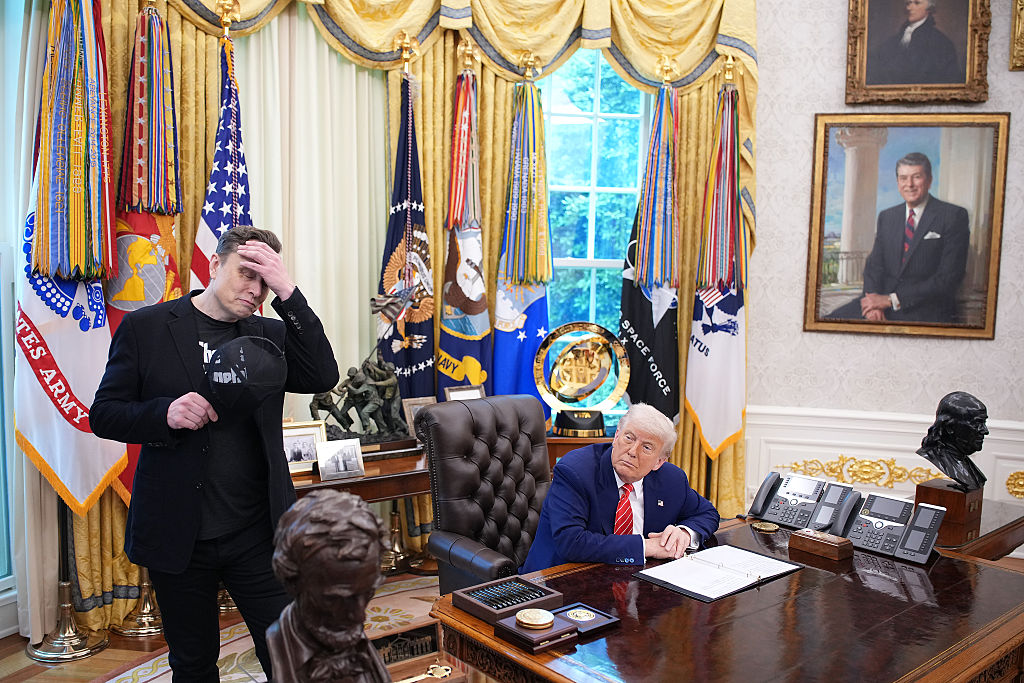Twitter was a newswire. That, at least at first, was the point of it. Something that came with all the glamour of digital innovation was, as it turned out, immediately recognizable as a version of something that has sat on every newspaper news desk for decades: a regularly refreshed “feed” of short updates, ceaselessly scrolling, with the latest at the top.
It was a newswire everybody got, and everybody could contribute to. There was value in that alone. It turned into much more. It became a raucous sort of community. It did, as everybody complained, make it easier for angry inadequates to shout at strangers, but that was just part of it. It was fun. If you wanted to identify that unusual bird’s egg, or settle a dispute about Jacobean handwriting, or canvass ideas on how to get a sponge out of the bottom of a decanter, or immediately share something that struck you as funny to an audience that might find it funny too, Twitter was a place to do it. If you used good manners, too, there was a decent chance that you’d be able to interact — even glancingly — with very famous people you admired. Nigella Lawson might descend from the Empyrean to settle a dispute about lentil bolognese.
The algorithm now disproportionately rewards fear and loathing
It was fun — and it was also useful. It allowed information (and, yes, disinformation) to propagate very quickly. If there was a fast-moving story, there was nowhere better to follow it than on Twitter. Reporters of, witnesses to and even participants in events would keep Twitter posted in real time. For a while, if you wanted to follow American politics, the only way to keep up with what was going on in the president’s head was to check his Twitter feed.
I am aware of the dangers of media folk like me banging on about Twitter. It’s a besetting sin of people who are on Twitter to think of it as more important than it is. But (circularly) that made it important. It was important. A lot of traditional media people used it (because it was a newswire, so they knew what to do with it), and that meant a lot of traditional media people occasionally mistook it for the world they were supposedly reporting on.
At its worst, that created an echo chamber where the same few thousand people saw something on Twitter, repeated it, saw the others repeating it, wrote it down in their various media outlets as if it was happening in the real world, and then went onto Twitter to amplify the reporting because — look, it made it into a mainstream media outlet. But at its best, it really was the closest thing we’ve yet had to a global marketplace of ideas and information. Its users referred to it jocularly as “this hellsite,” but they loved it, and they stayed.
I come not to praise Twitter, though, but to bury it. Because since Elon Musk took it over, it has gone to worms. I don’t make this complaint because I abhor his enthusiasm for interacting with MAGA (Make America Great Again) shitposters and pushing pro-Putin talking points. Many people will, but that’s just the free speech he’s so vocal about being keen on. The problem seems to be that in attempting — which is of course fair enough — to service the vast debt he took on in acquiring it, he has systematically removed the things that made Twitter useful, and the things that made it fun.
In the first place, the angry-inadequates-shouting-at-strangers thing has moved from the margins to the center. It has become the business model. “Engagement-farming” now more than ever means hate-clicks and rage-clicks. Blue-tick “verification” — originally a means of helping users know who they were interacting with, and boosting the visibility of those who were likely to have some reason to be notable — was anyone’s for a monthly subscription.
Well-informed and thoughtful tweets from people who have something to say can still reach an audience, but the playing field is steeply tilted in favor of the know-nothing with a checkbook. Professional and personal networks have frayed into invisibility. Of course, there’s no reason that someone supplying a valuable service (and losing money while doing it) isn’t entitled to find a way of charging people to use it. But the way in which this has been done actively reduces the value of the service to its ordinary users. It distorts the flow of information through the system.
The algorithm now not only disproportionately rewards fear and loathing, but Twitter pays those who are good at producing it by sharing ad revenue. When a young liberal activist was randomly murdered in the street in Brooklyn a week ago, the reactions that went viral were the ones gigglingly suggesting that it served him right for being “woke.” Over the weekend, as horrors unfolded in Israel, the feeds of ordinary Twitter users filled with the hot takes of Western bigmouths who thought Israel deserved it (in the form, perhaps, of the teenage civilians on whose bloody corpses Hamas terrorists were filmed spitting); and the people whose outraged responses amplified those repulsive hot takes.
The now cliched Yeats line about the best lacking all conviction while the worst are full of a passionate intensity has acquired a new twist. Under Elon Musk, the worst can make bank. As the Bloomberg writer Dave Lee put it in a recent column on “The Moral Case for No Longer Engaging with Elon Musk’s X”:
“X is now an app that forcibly puts abhorrent content into users’ feeds and then rewards financially the people who were the most successful in producing it, egging them on to do it again and again and make it part of their living.”
The second problem is that it would be just about possible to get behind Mr. Musk’s proud self-description as a free-speech absolutist — were it not that tweets critical of him personally, of his company Tesla, or of political positions he favors appear to have been covertly and opaquely downgraded, with “likes” disappearing, users’ handles inexplicably vanishing from search results, and visibility being quietly throttled. A global marketplace of ideas where the biggest stallholder has his thumb on the scales isn’t one most of us would like to trade in.
The third and final problem is a purely practical one. You can argue that “legacy blue ticks” are just snobs for complaining that “subscription verified” users get more visibility. You can argue that rage and hate have always driven engagement and that clicks are clicks and that’s where the money is. But Twitter — sorry, X — used to be great because if nothing else you could see people posting links to news stories. No longer. Now — again, presumably because forcing people to click is a revenue stream — whenever a user posts a link to a story it comes stripped of any text. There’s no headline, no byline, no subhead; no nothing. Just a photograph and the name of the news outlet.
We have, in other words, a newswire that doesn’t work as a newswire. Not that it matters a bit, but I’m out. And, which may matter a bit, I’m very far from the only one. Shame. It was good while it lasted.
This article was originally published on The Spectator’s UK website.

























